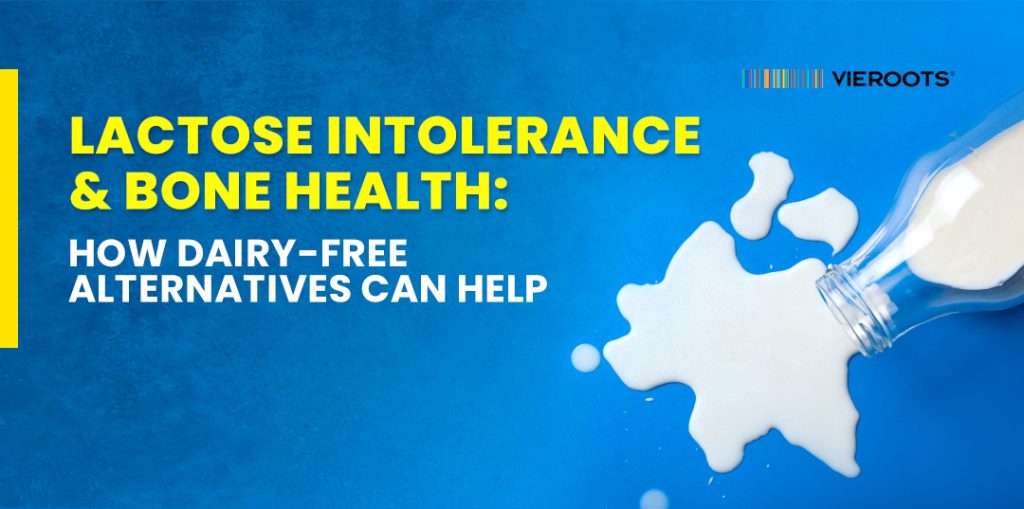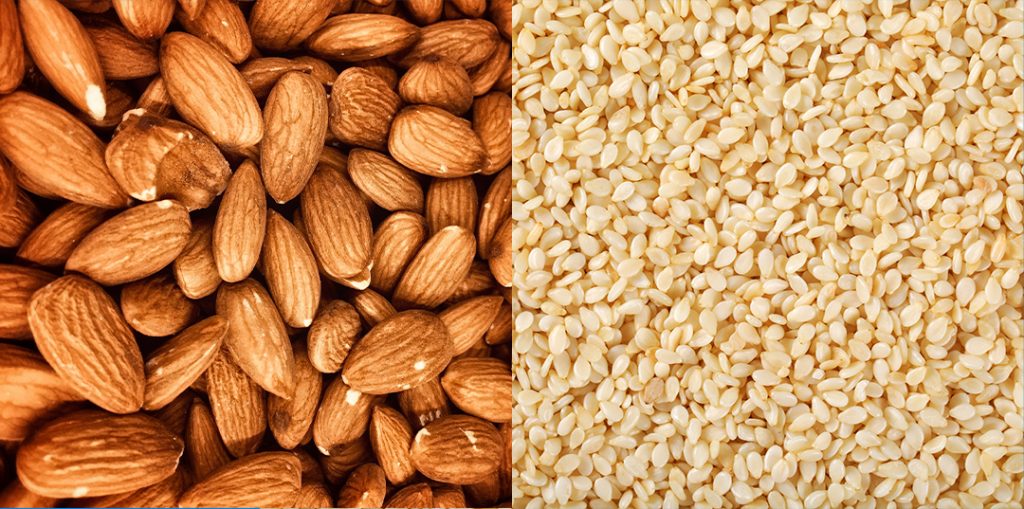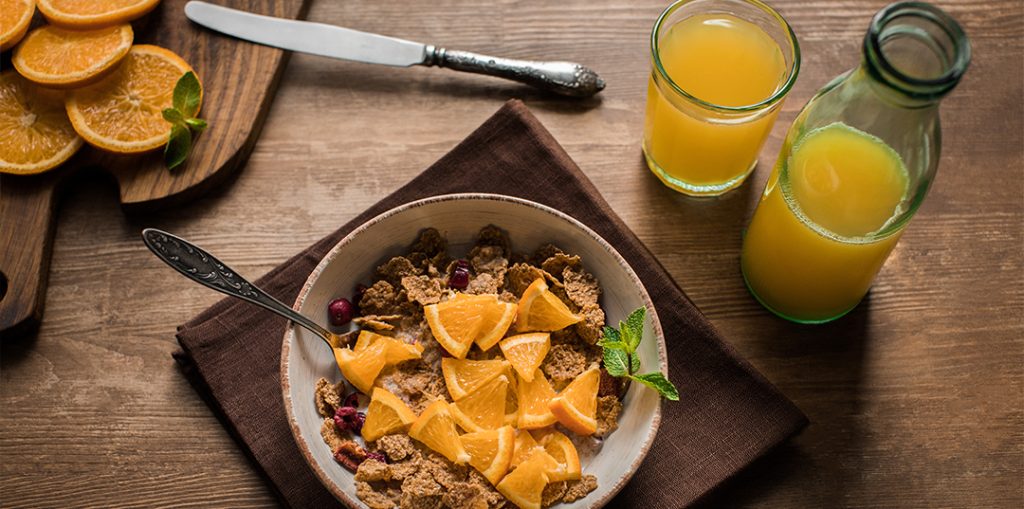Lactose Intolerance and Bone Health: How Dairy-Free Alternatives Can Help?

Lactose intolerance is a common digestive disorder that affects millions of people globally. The condition occurs when the small intestine does not produce enough lactase, an enzyme responsible for breaking down lactose, the sugar found in milk and dairy products. As a result, consuming dairy can lead to symptoms like bloating, gas, and diarrhea. While lactose intolerance can cause digestive discomfort, it can also impact your overall health, including bone health. In this blog post, we’ll explore the relationship between lactose intolerance and bone health, and how dairy-free alternatives can help support healthy bones.
Lactose Intolerance and Bone Health: The Connection
Dairy products are known for their high calcium content, which is essential for maintaining strong bones. Calcium is a mineral that helps build and preserve bone density, reducing the risk of osteoporosis, a condition that weakens bones.
Individuals with lactose intolerance may avoid dairy products, reducing their calcium intake and potentially putting their bone health at risk. Reduced calcium intake results in lower bone mineral density, putting individuals at an increased risk of fractures.

How Dairy-Free Alternatives Can Help?
Fortunately, there are many dairy-free alternatives available that can help support bone health, even for those with lactose intolerance. Here are some of the best options:
Calcium-Fortified Plant-Based Milk
Calcium-fortified plant-based milks such as almond, soy, and oat milk, are excellent alternatives for individuals with lactose intolerance. These kinds of milk are often enriched with calcium and other essential vitamins and minerals, making them a good source of calcium for individuals avoiding dairy.
Leafy Greens
Leafy greens, such as spinach, kale, and collard greens, are rich in calcium and other vitamins and minerals that support bone health. They’re also a great source of vitamin K, which is essential for proper calcium utilization in the body.

Nuts and Seeds
Nuts and seeds, such as almonds and sesame seeds, are good sources of calcium and healthy fats, and protein. They’re also easy to incorporate into your diet, whether you add them to smoothies, sprinkle them on top of salads, or enjoy them as a snack.

Tofu
Tofu is made from soybeans and is an excellent source of calcium, protein, and other essential vitamins and minerals. It can be used in various dishes, from stir-fries to smoothies, and is a versatile and nutritious dairy-free alternative.
Fortified Foods
There are many other foods that are fortified with calcium, such as orange juice, cereals, and bread. Check the labels of these products to ensure they’re fortified with calcium and include them in your diet to support your bone health.

Final Thoughts on Lactose Intolerance and Bone Health
Lactose intolerance can have a significant impact on bone health, as individuals with the condition may avoid dairy products, reducing their calcium intake. However, there are many dairy-free alternatives available that can help support bone health, such as calcium-fortified plant-based milks, leafy greens, nuts and seeds, tofu, and fortified foods. Incorporating these options into your diet can help support healthy bones, even those with lactose intolerance.



